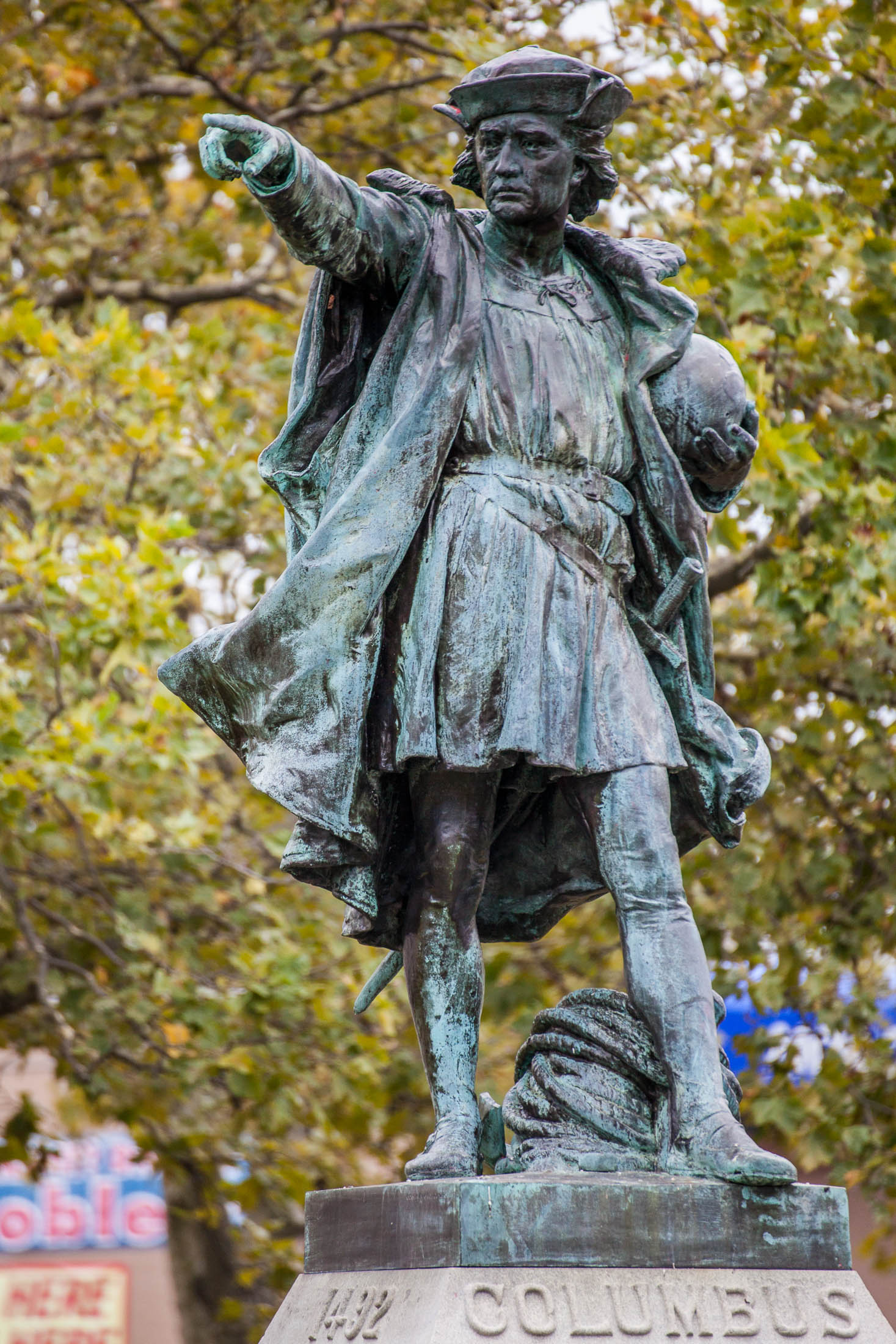
Christopher Columbus is famous for a lot of things, from discovering new countries to pushing the limits of his explorations. Though you may not realize it, you can learn a lot from the life of Columbus, especially when it comes to your job search.
 In honor of Columbus Day, let’s explore some job search lessons inspired by the life of one of the greatest explorers in history:
In honor of Columbus Day, let’s explore some job search lessons inspired by the life of one of the greatest explorers in history:
Learn from the best
Christopher Columbus didn’t just become a great explorer. He learned from the best, taking apprenticeships from influential Italian families. Through these apprenticeships, Columbus acquired knowledge and interest for what would become his future career.
The same can apply to your profession. Before you dive headfirst into your job search, you should have the experience to back up any claims you make. From internships to shadowing opportunities to externships, doing some proactive learning can assist you in your future job search because you’ll gain legitimacy and a tighter grasp on your industry.
Acquire new skills
Columbus also acquired the necessary skills to pump up his exploration resume, such as learning different languages and studying geography and history. These skills likely helped him to not only be a better voyager, but also a better communicator and leader.
Acquiring the right skills, especially those that are transferrable, can do the same thing for you. For instance, applying to jobs becomes easier because you have more to give. You also look more attractive in the eyes of an employer because more skills means you can move cross-departmentally and take on a variety of different tasks when needed.
Win over your critics
Even though Columbus had the right skills and the correct background, he still had his fair share of critics. For example, Columbus presented his exploration plans to the King of Portugal multiple times, only to be rejected over and over. But this didn’t stop him. Columbus went elsewhere, turning to the Spanish crown for help — and it worked. Not only did he receive approval, he also received funding to find a route to Asia.
It’s tough work winning over your critics, but it’s not impossible. When it comes to your job search, you’ll likely face rejection in some form or another. Like Columbus, you should change routes, alter your plans and find approval elsewhere if necessary, whether it be setting your sights on a different organization, mentor or job search method.
Wing it
Sometimes, things don’t go as planned. Famously, Columbus was supposed to sail to the East, but ended up in what is now known as the Americas. Believing that what he found was actually Asia, Columbus continued to sail to the region for years, building colonies and claiming lands for Spain. Without knowing it, he winged his way through his explorations.
Though “winging it” isn’t always the best route, courses change. You have to work with what you’ve got. For example, if you can’t find a job in your industry, you may want to use your skills in another space. Or, you could create your own business from the ground up, regardless of your inexperience. Like Columbus, the point of both of these options is to reach a level where you find success even if you had to change your initial plan.
Leave an impression
No matter your feelings on Christopher Columbus, you can’t argue with the legacy he left behind. As a dreamer, he was unwavering. As an explorer, he was tenacious. As a leader, he was bold. Essentially, he left an impression that still holds strong today, more than 500 years after his death.
It’s important to use the same strategy in your job search. You want to leave an impression so strong that a hiring manager or recruiter has no choice but to give you a second look. Whether a great conclusion is drawn from a well-designed resume or a stellar referral, a positive impression is always the most important one you can leave.
This Columbus Day, take the teachings of the famous voyager and apply them to your job hunt. You may just find a break in the rain and smooth sailing from here on out.
What do you think? What are some other lessons inspired by Christopher Columbus?
Photo courtesy of Kenneth C. Zirkel; Wikipedia Commons



